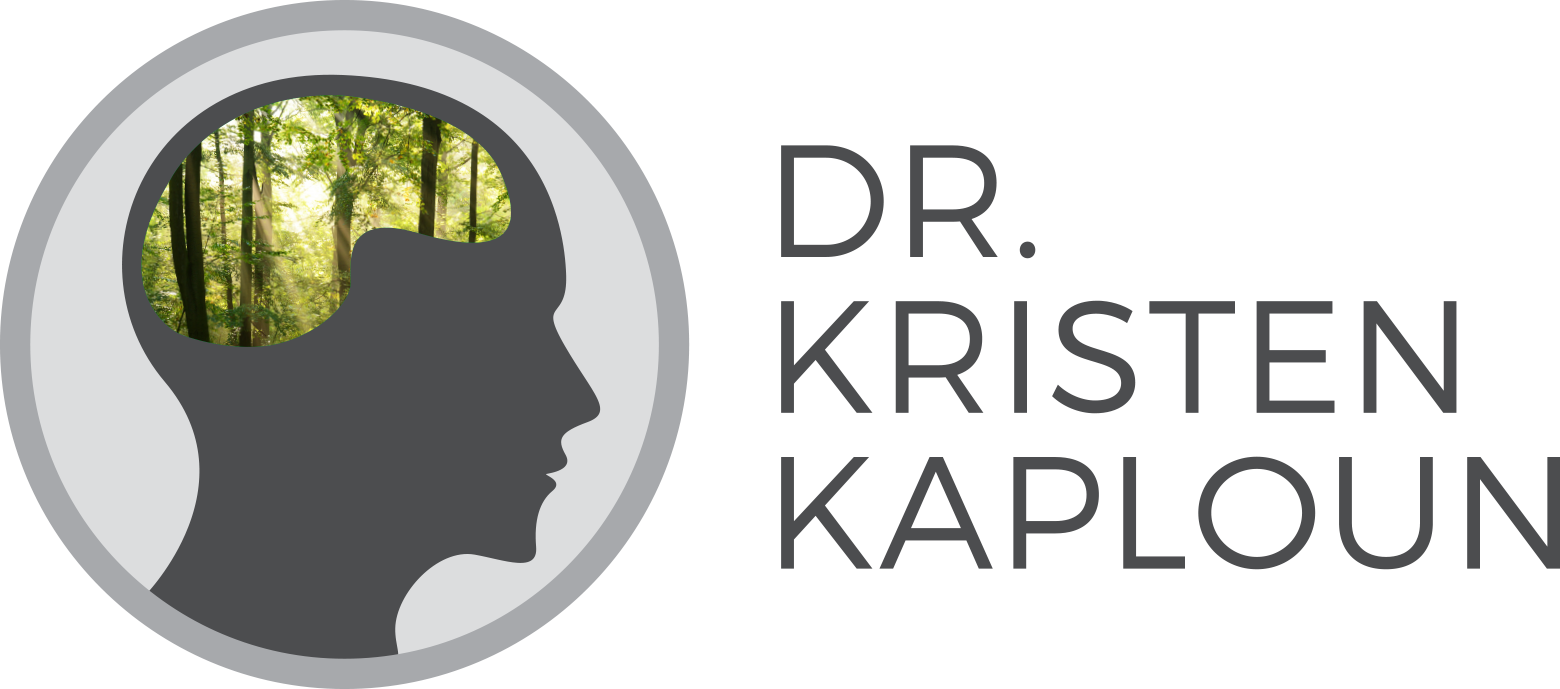Prenatal and Postpartum Anxiety:
Perinatal anxiety (also sometimes referred to as prenatal or postpartum anxiety) is very common. Although postpartum depression is familiar to more people, prenatal anxiety is treated much more frequently in my practice
Are you more irritable or tense (either psychologically or physically)?
In my practice, we offer one of the only treatment programs in the area specifically designed for new or expectant mothers to help them learn skills and strategies for dealing with the major life changes that come along with having a baby. The Perinatal Anxiety Treatment Program (PAT Program) is a 12-week program and is based on the principles of Cognitive Behavioural Therapy (CBT).
You are welcome to bring your baby to session and can take comfort in knowing that it is a breastfeeding or bottle-feeding friendly zone, and that crying babies, spit up, and dirty diapers are par for the course. We welcome you and your baby to session, so don’t sweat the small stuff.
INFORMATION IN THE MOMENT
Three Simple Ways to Carve Out “Me” Time As A Mom
“Make sure you take some time for yourself each day.” This simple piece of advice is given to new and seasoned moms alike by well-meaning friends and family but it is often much easier said than done.
Dealing with Disturbing Thoughts During Pregnancy and Postpartum
There are five main “types” or presentations of perinatal anxiety, depending on the primary symptoms being experienced. These types include: Panic Attacks, Obsessive Thoughts…
Dr. Kristen Kaploun Office
Dr. Kristen Kaploun Office
1100 Burloak Drive, Ste. 300
Burlington, ON L7L 6B2
Get Directions
Tel: 289-983-7570
Fax: 905-332-3007
Building is wheelchair accessible
Plenty of free parking onsite
If this is an emergency, please visit your local hospital’s emergency department, or call 911.
Joseph Brant Memorial Hospital
1230 North Shore Blvd.
Burlington, ON L7S 1W7
905-632-3737
If you cannot find the answers to any questions you may have, or if you're not sure whether we can help, please do not hesitate to contact us by phone or email. We will make every effort to return all calls or emails within 48 hours of initial contact, and from there we can set up an initial appointment.
Other local crisis hotlines and resources are listed below:
Burlington Telecare Distress Line
905-681-1488
(24 hours)
Crisis Outreach and Support Team (COAST)
1-877-825-9011
note: this is not an emergency service
North Halton Distress Centre:
905-877-1211
Oakville Distress Centre:
905-849-4541
Emergency Psychiatric Services at St. Joseph’s Healthcare, Hamilton:
905-972-8118
Hamilton 24 Hour Crisis Line:
905-972-8338


